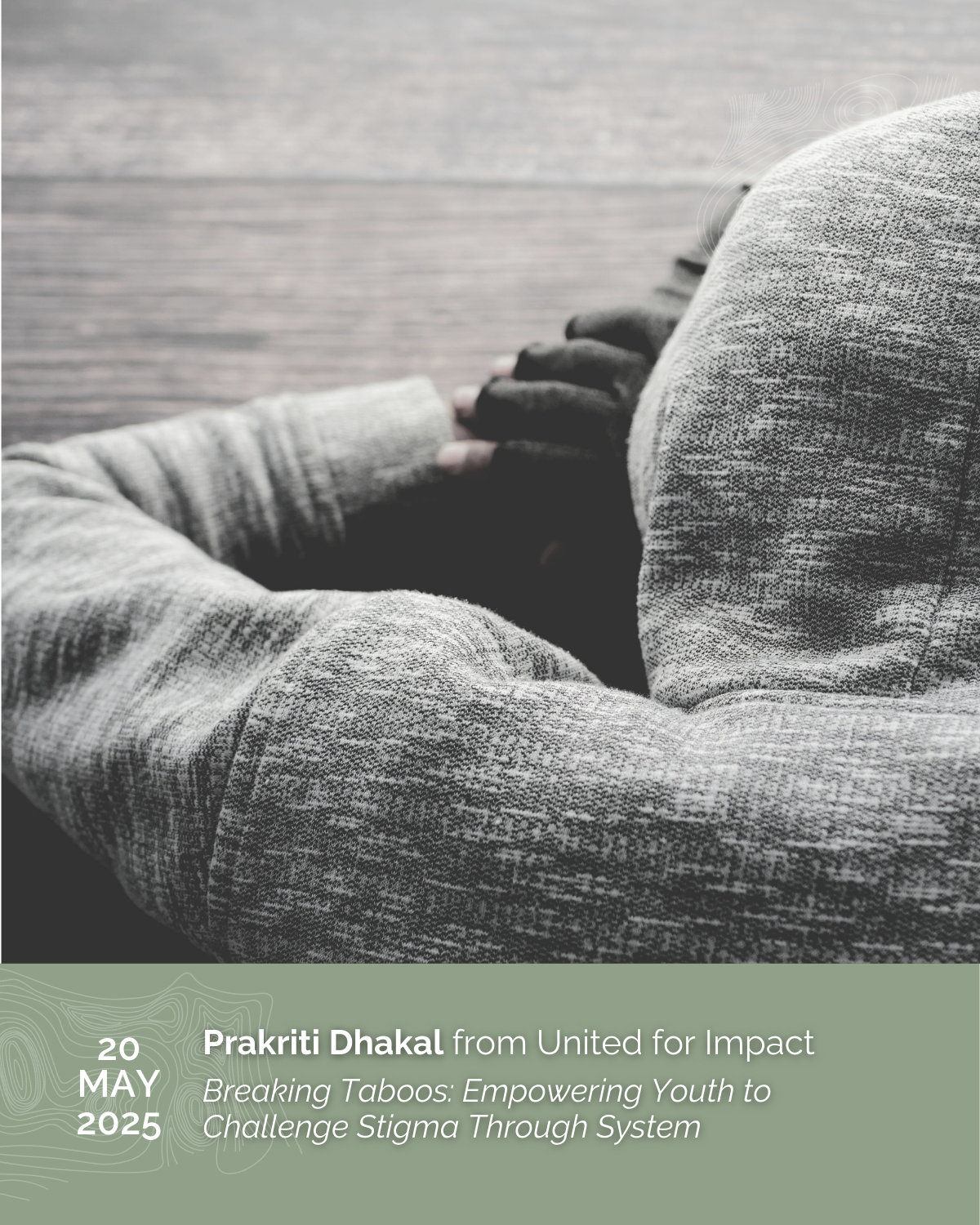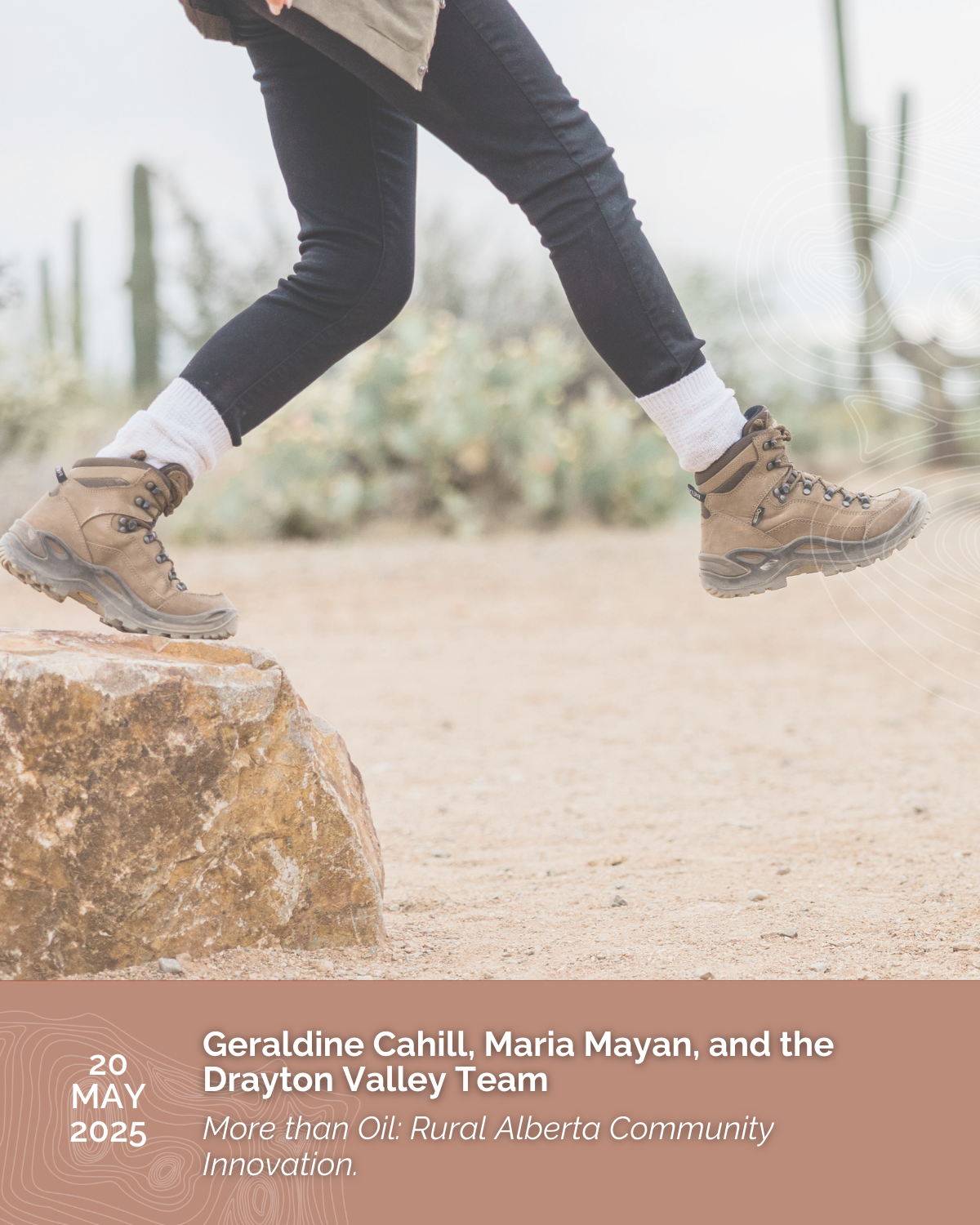Debunking The Taboos
Stigma isn’t accidental or a social inconvenience. It’s a product of the systems– it’s designed, reinforced, and sustained... It serves someone's interest and power and silences certain voices."
Stigma lives in policy choices (excluding marginalized experiences), funding priorities (what gets funded shows what is valued), educational silences (avoid discussing certain topics), media portrayals (sensationalized or misrepresents cultural taboos), and unequal access to services (culturally unsafe and inaccessible services).
“No, we may not debunk the taboo in one session — but we will be challenged to think deeper, question our own biases, and begin seeing how to shift the system from within.”


Reframing Healthcare Systems
Healthcare systems aren’t linear or predictable. Yet we often try to force complex processes into neat, step-by-step plans—something healthcare professionals try to do all the time.;
Systems thinking in healthcare isn’t just diagnostic. It’s a way to rebuild trust, re-center people, and invite collective intelligence into system improvement.
“Systems thinking isn’t just about visualizing work. It captures emergent complexity."
The lived perspectives of healthcare workers and patients should be integrated and mapped how work actually happens.
“We invite attendees to explore systems in a new way, with FRAM revealing insights into healthcare systems that benefit both patients and staff.”
Revitalizing Rural Towns
“A single industry doesn’t build resilience. That’s what we’re seeing in small towns over a number of years, especially those with resource-dependent industries.
And that’s not just in rural Alberta, but across the country.
There’s a real sense of urgency. We feel overwhelmed and want to act fast. But change doesn’t happen just because it’s urgent. You can invite the local system into the room, ask people to share their assets—but without trust, it won’t stick. It just takes time to bring everyone along.
In Drayton Valley, it took us four years of partnership and collaboration to see community wealth building emerge as a possibility. Change takes time.
Drayton Valley has been an inspiration. Faced with out-migration and economic stresses, they have tried both traditional and novel strategies. What made the difference was their openness to doing things differently.
It reminds me of the bricolage theory—using what you already have in new ways.”
We’re bringing a sense of how social innovation and systems theory being applied and actioned in an unlikely, small town in rural Alberta."

